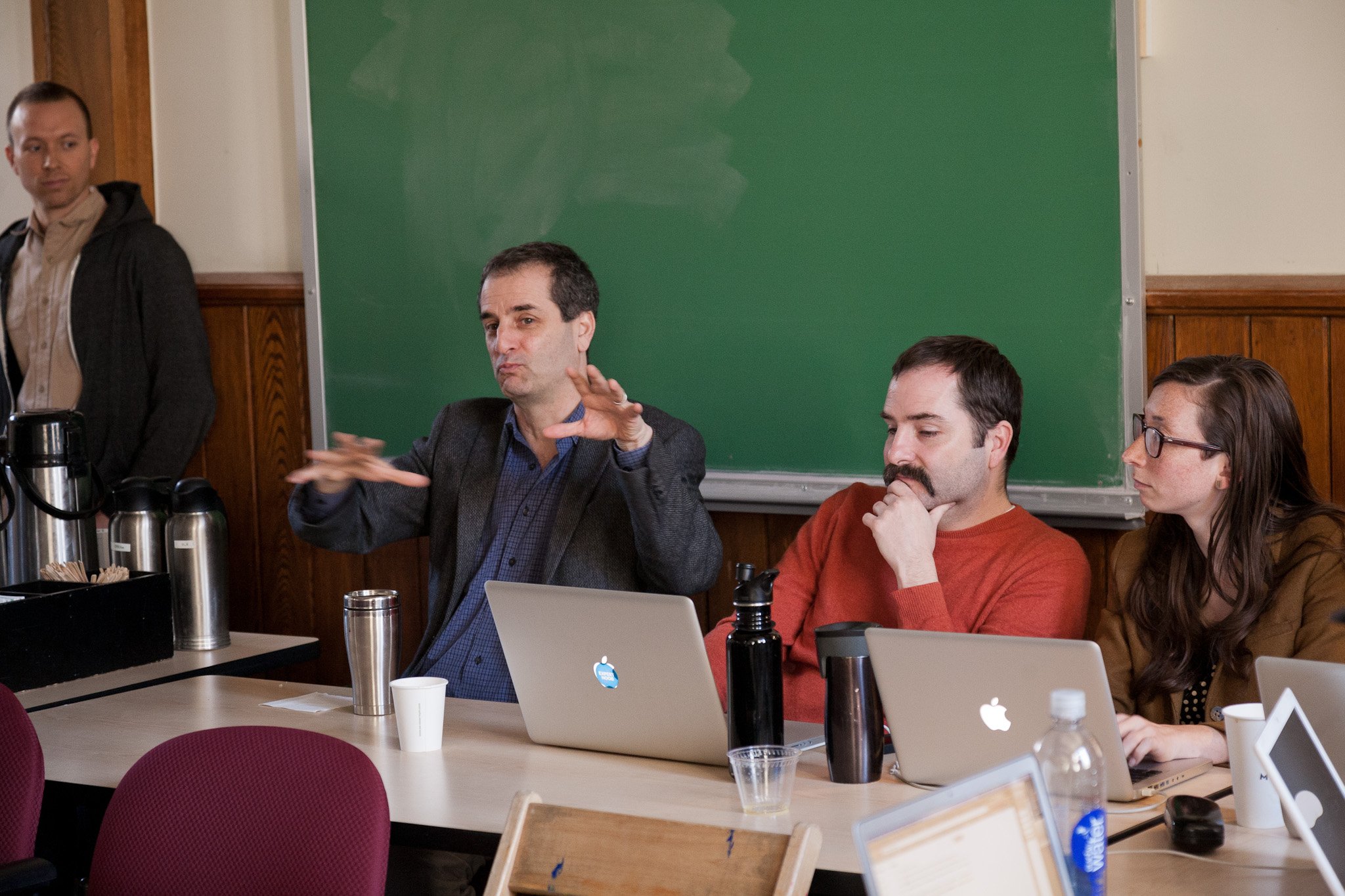Teaching How to Manage for Mission at the Bard MBA in Sustainability

Bard’s MBA in Sustainability has issued a white paper describing and evaluating the program’s unique curriculum. With the Business Roundtable recently marking a transition in management strategy from shareholder primacy to stakeholder value creation, how should graduate business education respond?
Many business schools have added a course or two in sustainability strategy or Corporate Social Responsibility. Some now offer three of four-course sustainability concentrations; others provide joint degree options with schools of the environment; still others have moved to include at least one social or environmental case in all courses across the curriculum. Finally, a small group of graduate business schools—including the MBA in Sustainability program at Bard College-- have fully integrated sustainability into a core curriculum. Sustainability in Bard’s program is “baked in” rather than “bolted on”.
The white paper lays out Bard’s eight-year experiment in creating a curriculum geared for business leaders managing mission-driven businesses using sustainable leadership practices—companies that are in business to solve social and environmental problems. These sustainable business companies must make money of course, to cover costs and obtain resources to scale, but that is not their purpose. What skills and competencies are required to manage in this new environment, where the focus is on an integrated bottom line?
Bard MBA Director Dr. Eban Goodstein puts it this way: "Rather than understanding pollution and social exploitation as negative externalities, business leaders have to see these challenges as system design flaws. Management education for sustainability requires teaching students to radically reimagine business models: to invent ways of profitably internalizing negative externalities, and thus profitably solving social and environmental challenges.”
Bard’s curriculum imparts the skills to (1) envision, (2) lead, and (3) effectively execute on business models in which the pursuit of social, environmental and economic goals are synergistic, not exclusive. Bard MBA graduates want and need this complete skill set to build out solutions to environmental and social challenges that are financially successful and can thus scale to solve these challenges. They are not alone The top CEO’s in the world say they want take their companies there too. Innovation in business school curricula is critical to creating the leaders who can build this sustainable future.






